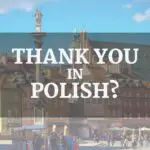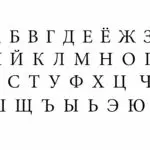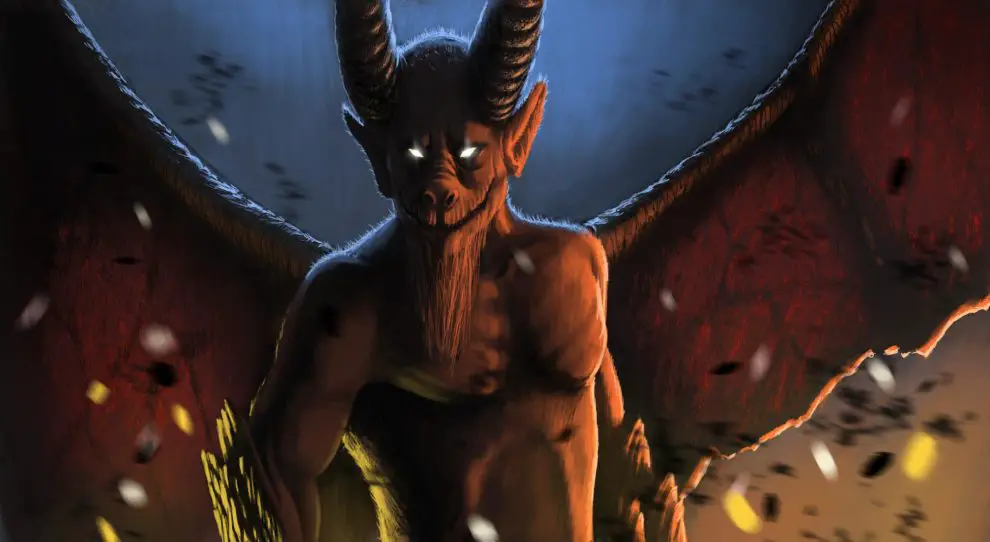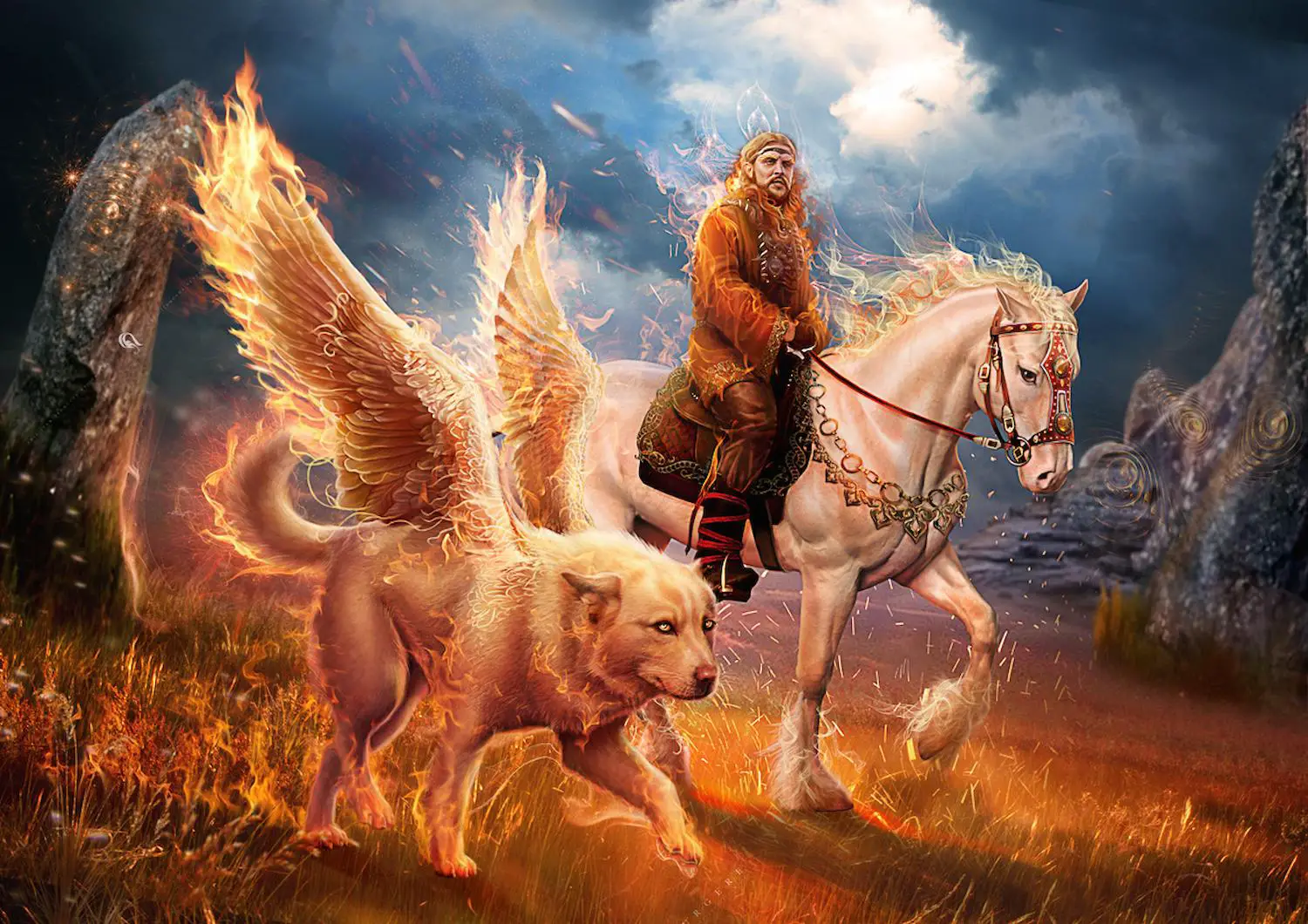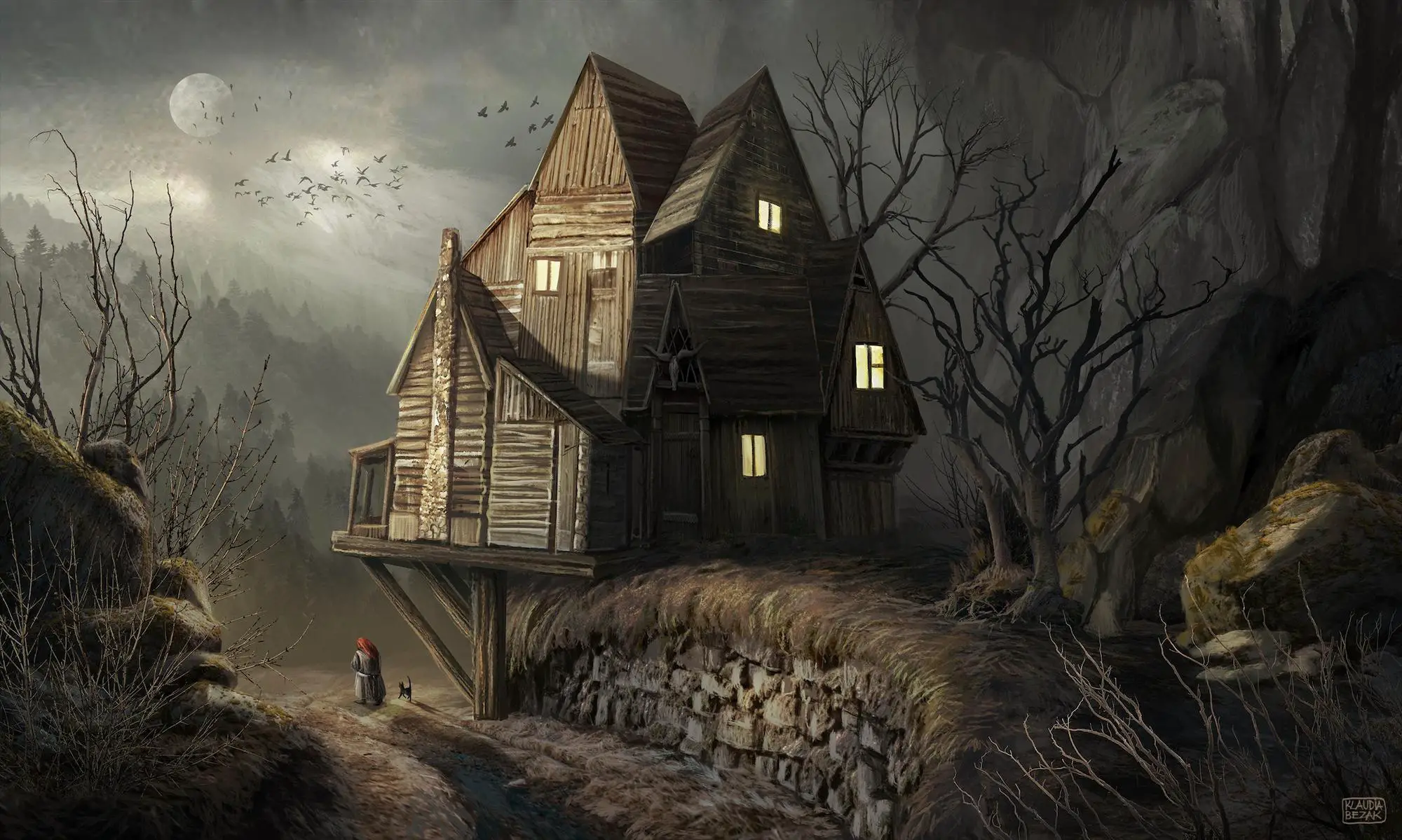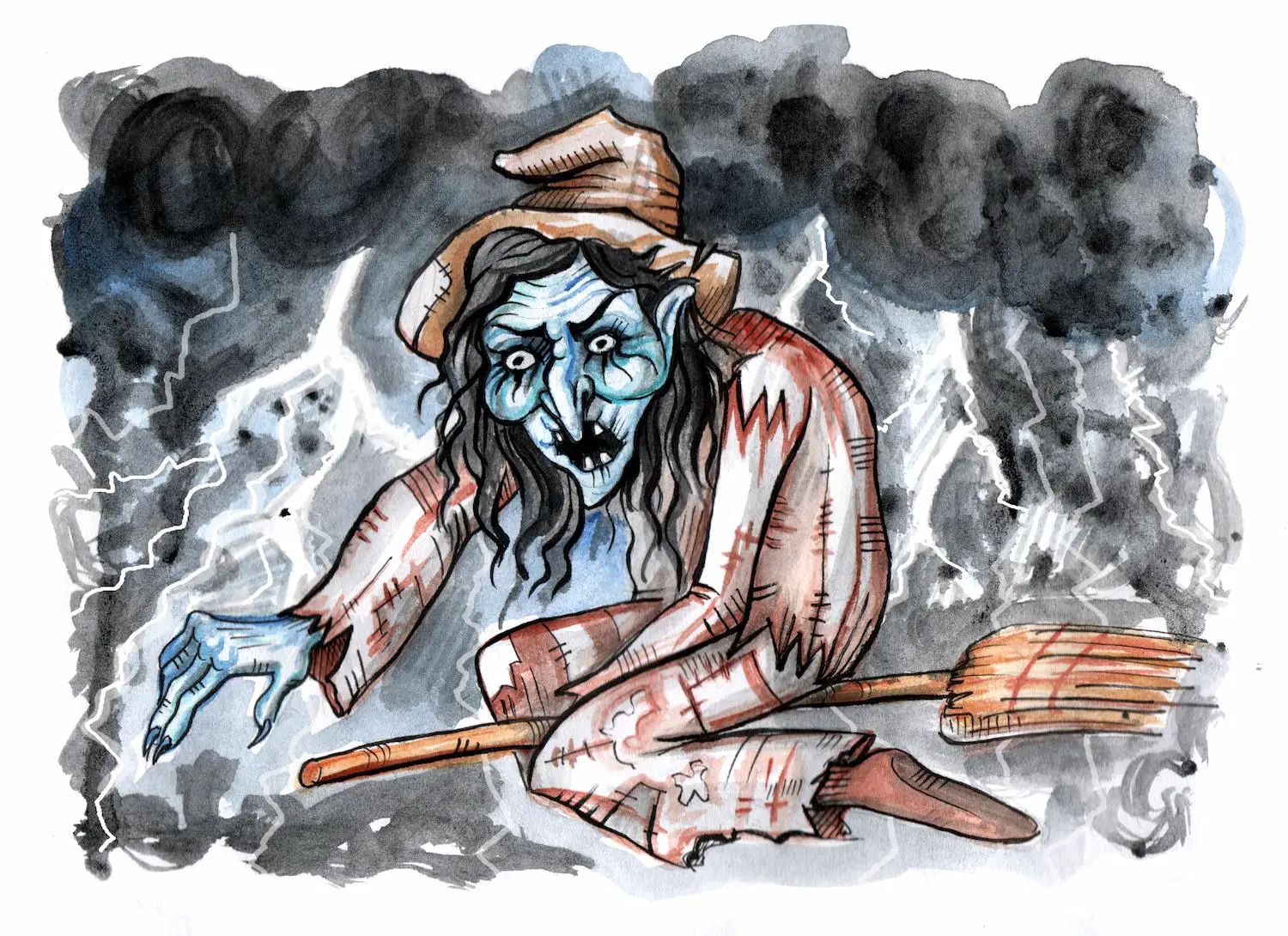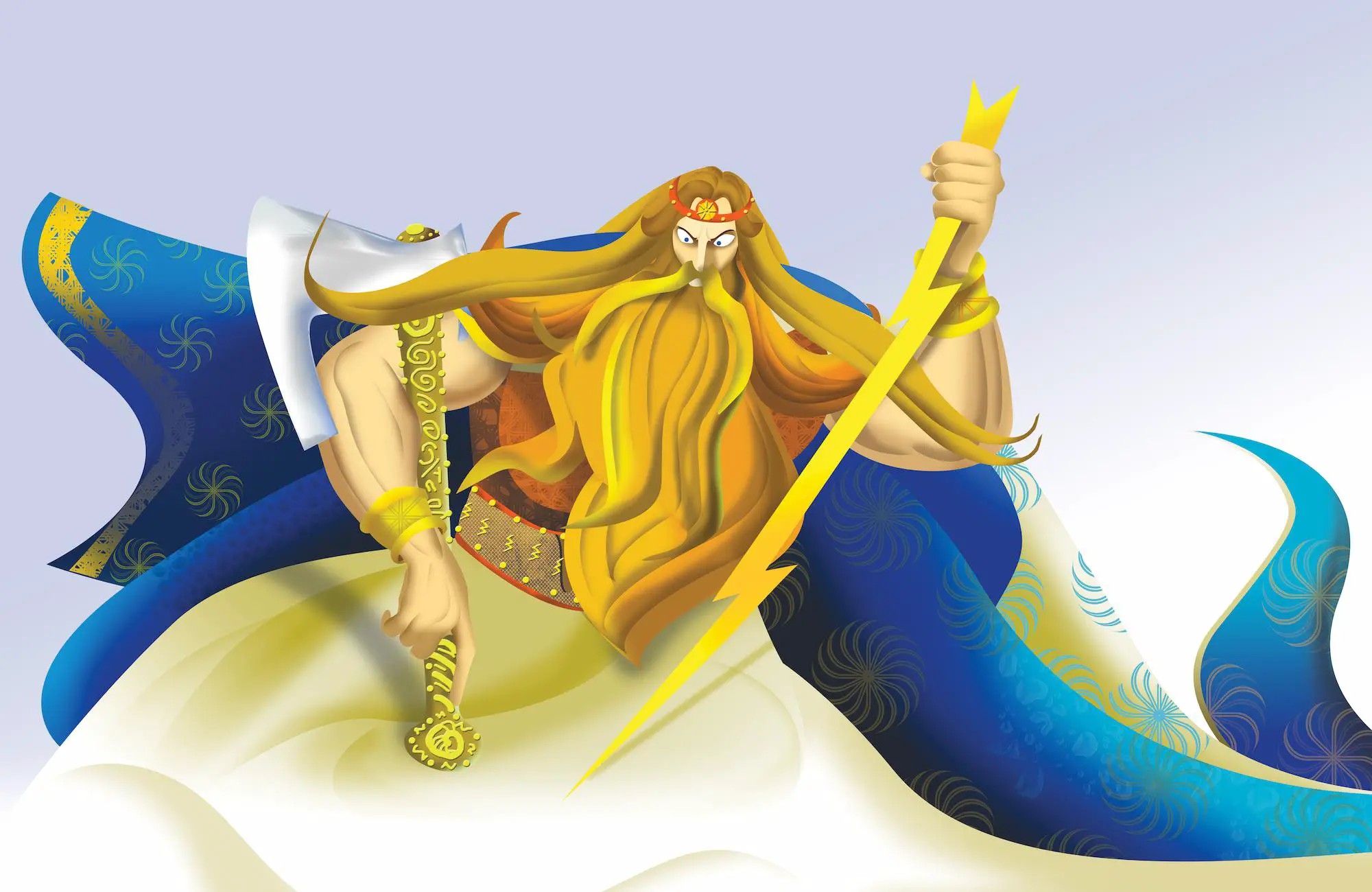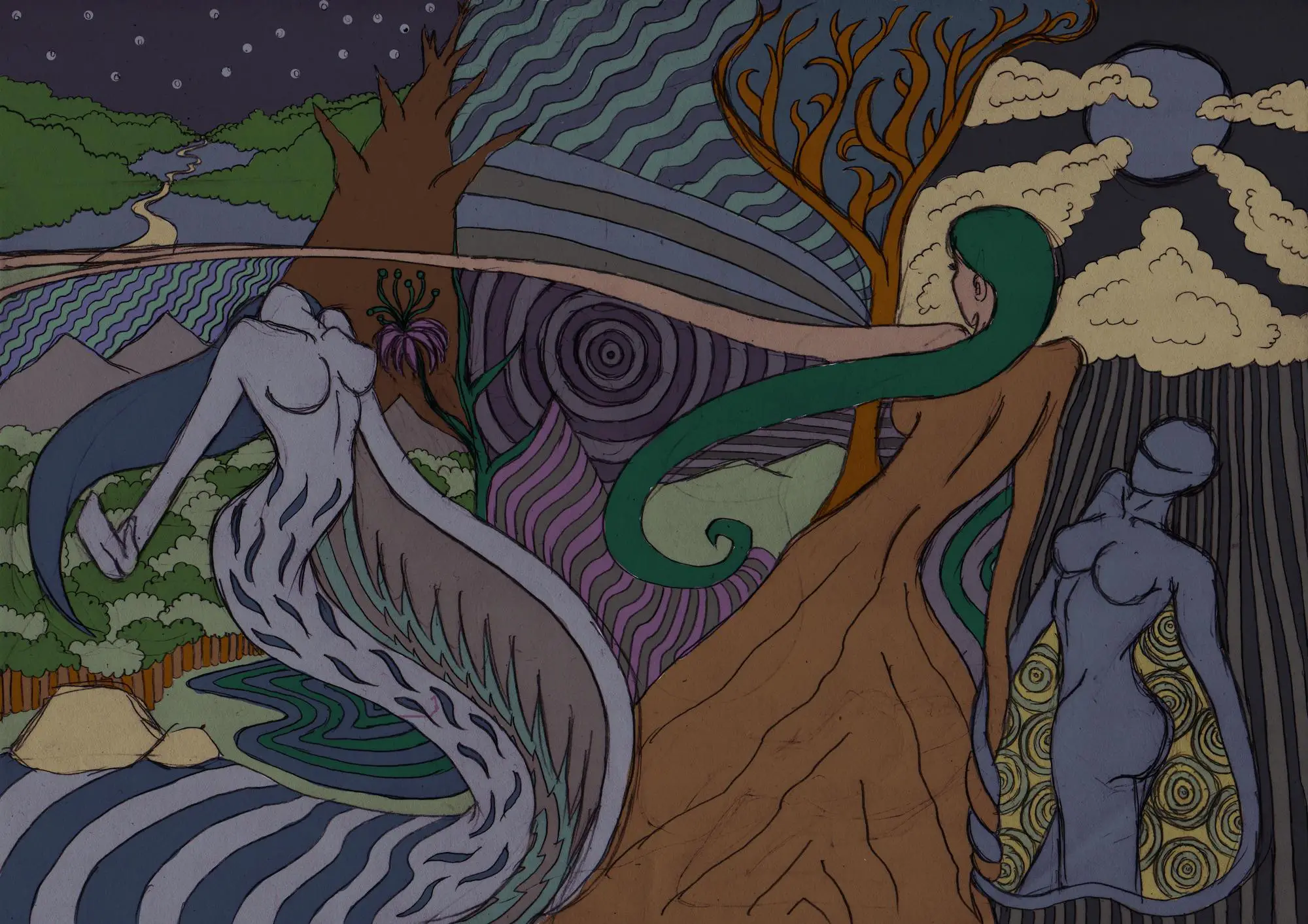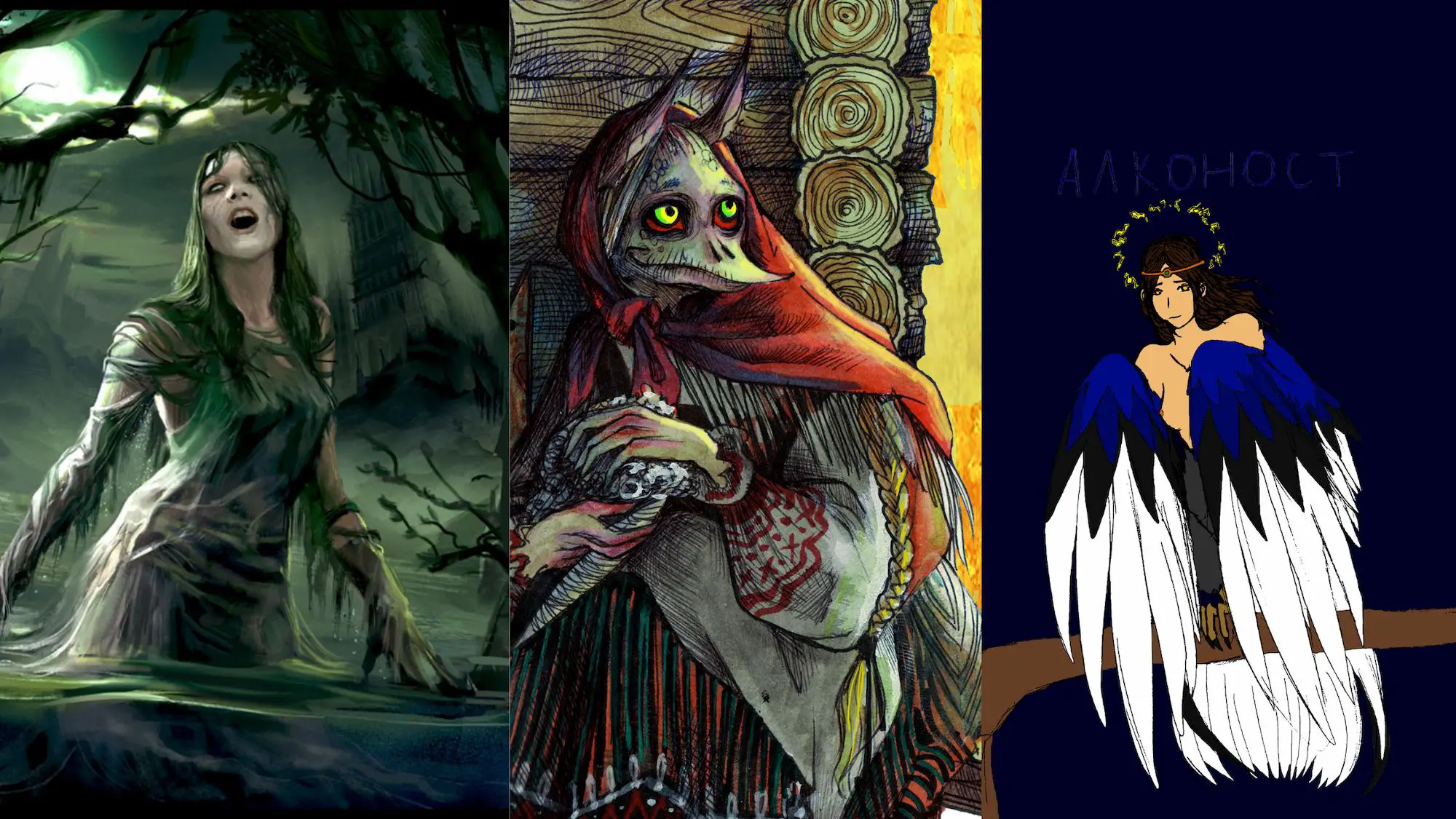Son of the god Chernobog and the goddess Mara according to Slavic mythology, or Satan’s minion, according to folk Christianity, the name of Chort stands for a demonic spirit etymologically associated with Slavic curses about hell.
From Poland and Russia to Balkan Peninsula and Checz Republic and Slovakia, Chort takes many forms and has many symbolic meanings.
Often depicted as a demon or some sort of devil, Chort is a truly intriguing figure from Slavic mythology.
If you are interested in learning more about the god Chernobog and the goddess Mara check out this article about Slavic deities.
Table of Contents
Who/What is Chort
Universal to all Slavic ethnicities, Chort is an anthropomorphic malign spirit or demon, commonly depicted as a devil with all its features: horns, tail, hooves, and sometimes one short leg.
Chort’s “identity” is pretty difficult to grasp, as only general depictions such as “malign” or “demonic” are available in all of the accessible literature.
Chort is more of a metaphor, a spiritual allegory embodying darkness and fear of the unknown (death). Chort is not a typical mythological character like those you encounter in Greek or Nordic mythology.
It’s rather a product of magical thinking and the need to explain hard-to-grasp events and experiences.
The Polish call it Czort or Czart, Russians call it Chjort (чёрт). Serbs and Croats fear this creature under the name of Čort, while the Czechs and Slovaks know it as Čert.
When a Slav from Eastern Europe tells you to go k chertjam, they’re telling you to go to hell. If you’re sipping vodka in Moscow and you hear someone yell Tysjacha chertey!, they actually swore Thousands of demons!
Chort Origins
Since Slavic mythology is usually passed on orally from generation to generation, little is known about Chort’s origin story. Historians and theorists often search for meaning in etymology and Proto-Slavic words.
One of the leading theorists, A.N. Afanasyev studied ancient poetry, traditional Slavic folk stories, linguistic papers, dialectology, and etymology to discover that Chort was originally a god of destiny who also brought death [1].
Naturally, people began viewing it as an embodiment of evil or the devil (mostly across Eastern Europe).
Czech views seem to differ slightly, as they view Chert (Chort) as a character trying to trick people into selling their souls to it. If they fall for it, they go straight to hell, but if Chort loses the bet, the person gets their soul back [2].
The Bottom Line
Just like many other creatures, gods, or concepts in Slavic mythology, Chort is neither a hero nor a villain. Its nature is at least dual, encompassing ideas of dark spirits and malign souls, but also positive ones like faith, destiny, and justice.
If you want to know more about Slavic folklore check out this article about the most well-known Slavic mythological places.
References
- https://www.amazon.com/Russian-Fairy-Illustrated-Alexander-Afanasyev/dp/1908478683
- https://locusmag.com/2019/11/michael-burianyk-guest-post-ukrainian-gods-slavic-myths-and-legends-for-fantasy-writers/




